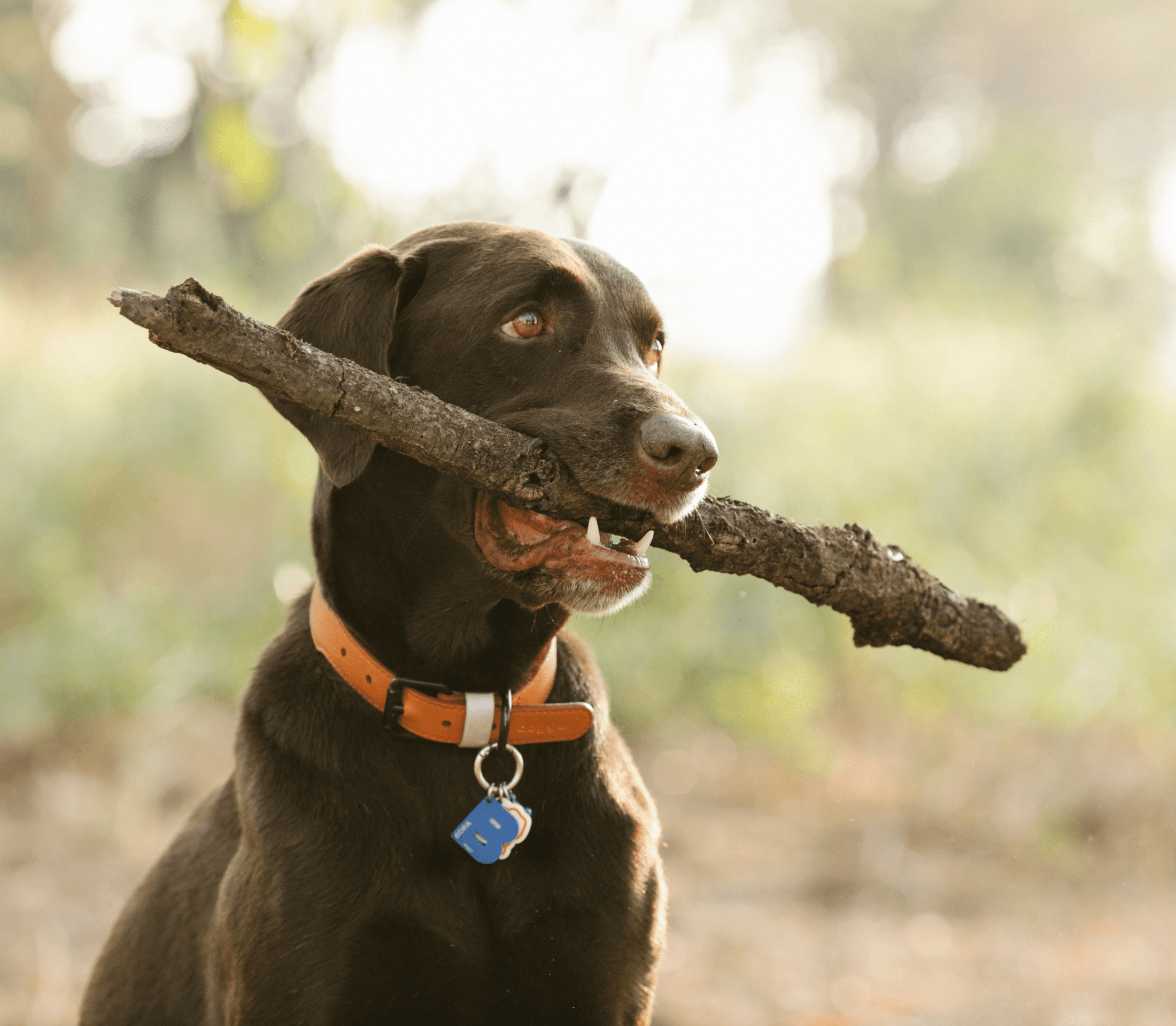Dog Biscuit Appreciation Day
There’s a pretty special doggy holiday coming up. February 23rd is Dog Biscuit Appreciation Day! If there’s one thing our canine buddies are appreciative of—aside from naps, belly rubs, bacon, toys, and car rides—it’s doggy treats. However, there are some things to consider when giving your pup snacks. A local Washington DC vet offers some tips on this below.
Choosing Treats
To be fair, picking out dog treats isn’t exactly rocket science, especially when you know there’s a 99% chance that Fido will love anything you bring home. That said, there are a few do’s and don’ts here. First, be sure to choose snacks that are the right size for your furry buddy. Also, get into the habit of checking the label. Look for things that use whole ingredients. Meat, fish, and/or poultry should be listed first and most frequently.
Recalls
Recalls are, fortunately, quite rare, but they do happen. It’s not a bad idea to stay abreast of recall alerts. There are several ways to do that. The FDA site here is one option. The AMVA site also tracks them here . You can also set up some email alerts.
Dental-Formula Chews
Want your canine pal’s treats to do double duty? Alternate giving your pup normal snacks with offering him dental-formula chews, which will help keep his teeth clean. Add a bit of doggy toothpaste for extra cleaning power!
Homemade Goodies
If you enjoy cooking, you can certainly try your hand at making your dog’s snacks. There are plenty of recipes online. There’s also nothing wrong with creating your own recipes. You’ll know exactly what Fido is eating. Plus, you can customize his treats to suit his taste, or to fit any dietary restrictions he has. The main thing is to stick with safe ingredients. Some good options are pureed pumpkin, plain yogurt, ripe banana, shredded meat, sodium-free broth, organic baby food, and wheat-germ oil. Avoid using unsafe items, such as garlic, onions, or chives; avocado; chocolate; caffeine; or grapes, currants, or raisins. Ask your vet for more information on safe and unsafe treats.
Working For Snacks
Many dogs love to please their humans. Have Fido work for his snack! This is a great way to teach—and reinforce—simple commands like Sit or Stay.
As your Washington DC veterinary clinic, we are here to help. Please contact us for all of your dog’s veterinary care needs!



